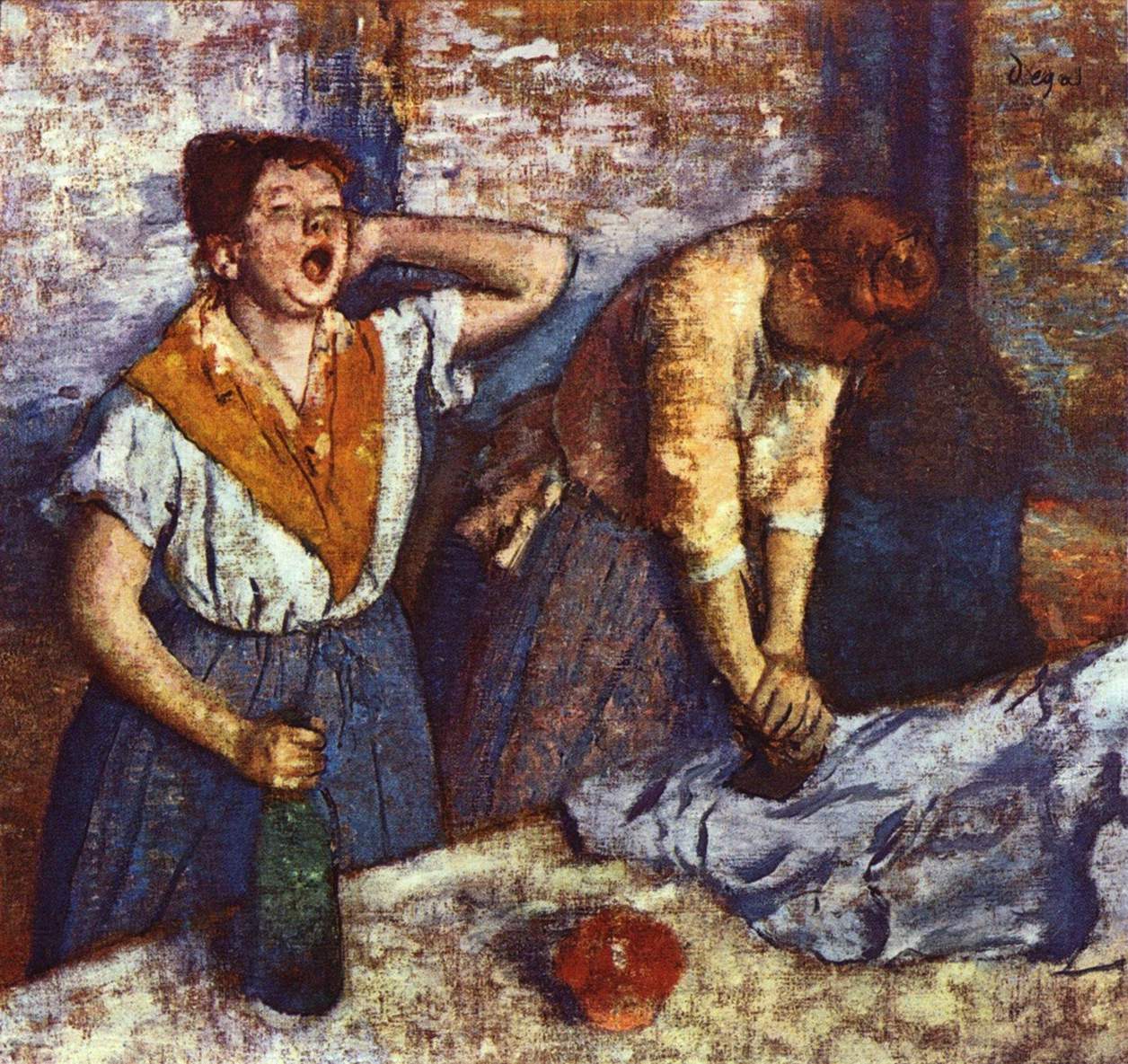
I couldn’t sleep last night. Tossing and turning, dozing off only to wake up again in a panic. The agony intensified by the hour — 2:30 a.m, 3:30 a.m., 4:00 a.m. — as I began to dread the sound of my alarm clock and the ever-rougher Monday ahead.
A good night’s sleep — about 7 to 8 hours a night for most adults — is tied to better performance, learning retention, creativity and problem-solving skills. Lack of quality sleep can lead to irritability, depression, difficulty staying focused, and on-the-job errors.
It can even be dangerous.
Commercial drivers, firefighters, police officers, emergency medical workers, and construction workers all imperil their own safety and the safety of others when they are fatigued. Many of these professionals are also shift workers, which puts them at greater risk for sleep deprivation.
What is sleep deprivation costing your workplace?
According to the National Health Institute:
- 70 million Americans may be affected by chronic sleep loss or sleep disorders
- Sleep disorders account for $16 billion in health care costs annually
- Lost sleep costs U.S. businesses up to $50 billion in productivity loss
My sleepless night was my own fault: I slept in a little too late on Sunday morning, then took an ill-advised nap a little too late on Sunday afternoon. But sleep loss can happen for a whole host of reasons — including work-related stress and the many ways that our jobs creep into our lives around the clock.
We’ve all been there: you wake up in a cold sweat after a nightmare about missing a deadline. Or you stay up late trying to catch up on your never-ending pile of emails. Or you settle in to relax with a book before bed, only to be interrupted by the buzz of your Blackberry with one last urgent alert.
Does your company have a plan for improving employee sleep? Do you offer:
- A relaxation / nap room on site?
- Flex time, for workers to come in late, leave early, or take longer breaks to catch up on sleep?
- Educational materials about healthy sleep habits?
What else have you tried to prevent sleepy employees from dozing off at the desk?
